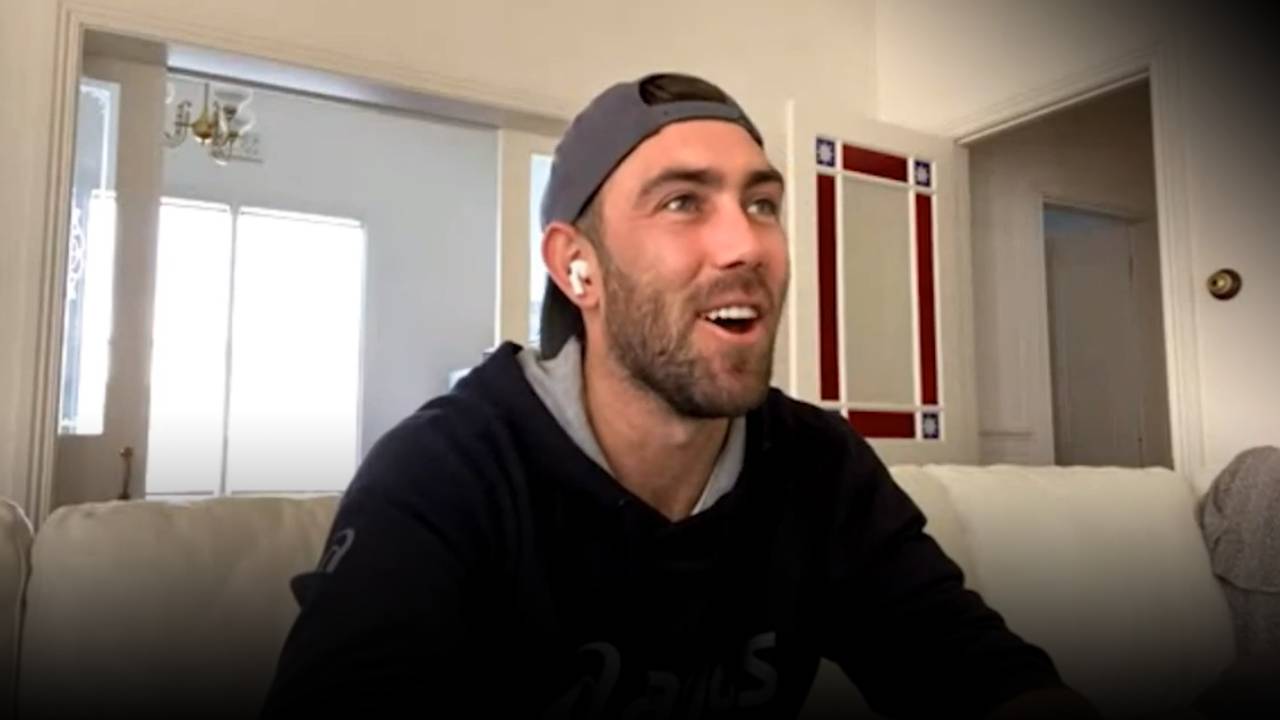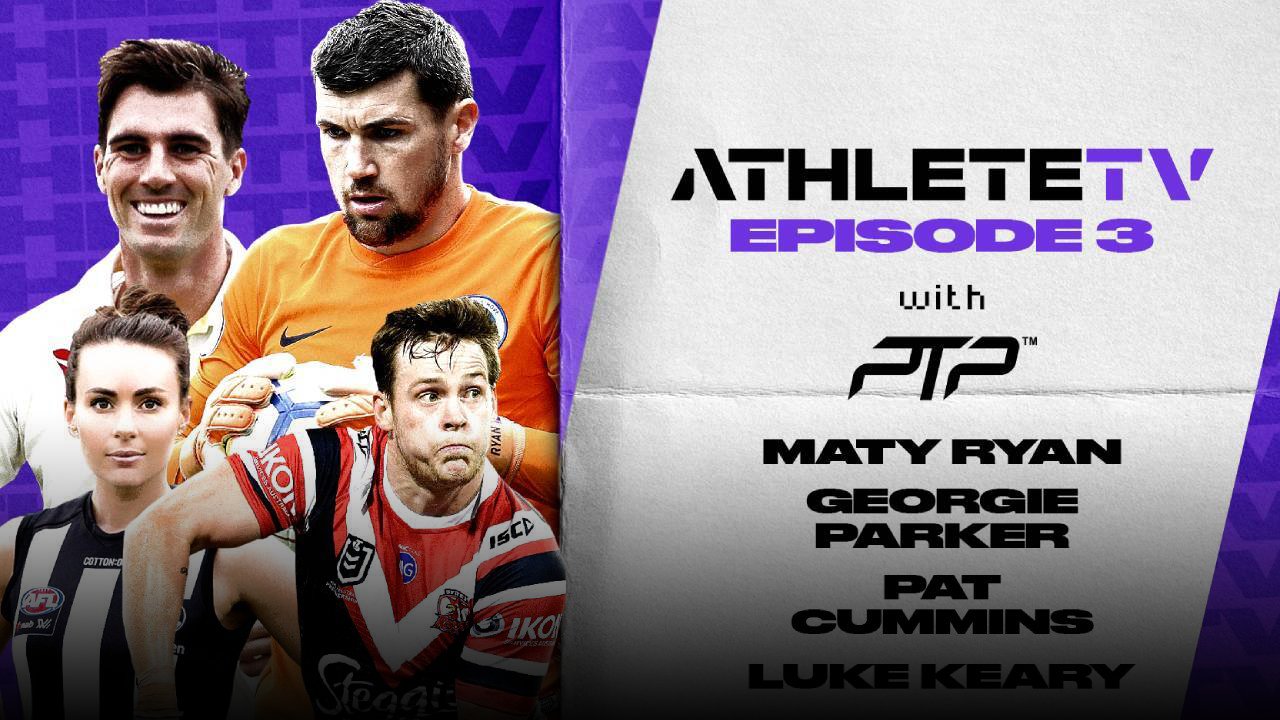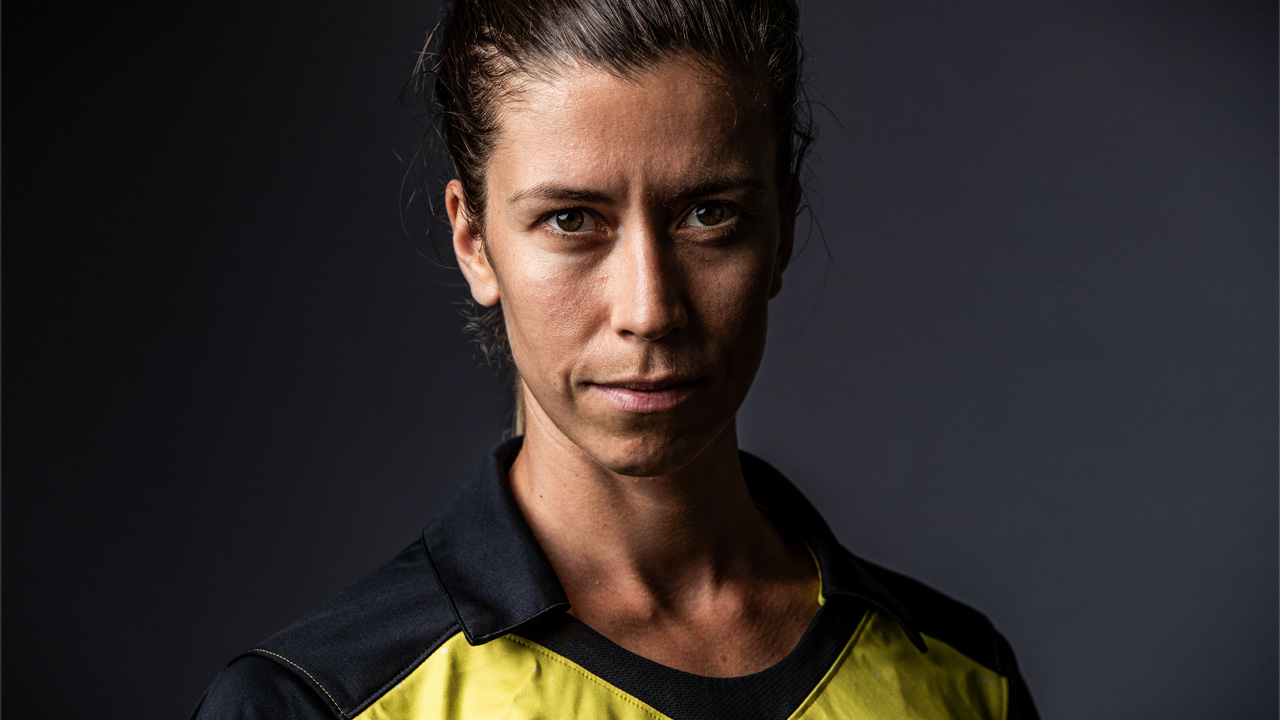IT WAS PLUMB. I MUST BE OUT
In October 1998, I was given another chance against Pakistan in the first Test in Rawalpindi. This Australian side was so good you often only got a couple of Test innings to prove your worth.
On this occasion, I was aware of this as I walked out in the stiflingly hot conditions with us 1-11 in the seventh over. In came Wasim Akram for my first ball and sent down a ball at 150 kilometres an hour that thudded into my right pad.
To my absolute horror the umpire’s finger went straight up. I was out for a golden duck. As I shuffled away from the crease that gnawing self-doubt came flooding back: Maybe I wasn’t good enough to play for Australia.
Probably because we won by an innings in Rawalpindi I was retained for the Second Test in Peshawar. I knew, however, I was close to being banished forever. At the Arbab Niaz Stadium I faced one of the game’s fastest bowlers, Shoaib Akhtar, for my first ball. It was hot and my heart was pounding.
‘Watch the ball, watch the ball’, I kept saying to myself, but I didn’t see it leave his hand before it struck me in the middle of my pad. It was plumb. I must be out.
The umpire Steve Bucknor was facing me, and he took an eternity to make a decision. I will never forget staring at him, I have never felt so scared. It felt like someone was holding my head under water. I knew another golden duck would spell the end.
Bucknor held my career in his hands. He looked to his right and then to his left before stealing one last lingering look at my pads. He looked up and said ‘not out’. I was still alive. At that moment I realised only I had control of my destiny.
I didn’t want to spend the rest of my career playing shield and county cricket. I belonged in the Test arena. I cut Akhtar’s next ball for four and didn’t look back as I made my way to 116. Nearly six years after my debut, I had finally made my maiden Test century.

DANGER SIGNS STARTED CREEPING IN
For the next three years I became a regular in the side. Batting at number three, I played in 33 consecutive Tests, scoring over 2,300 runs, including seven centuries and nine fifties. I made 179 against England in Adelaide, a double-century against India at the SCG, and best of all, 127 against the West Indies in Antigua.
If I could do that facing Walsh and Ambrose on their home turf, I could do it against anyone.
As good a period as this was, a few danger signs started creeping into my game. I remember walking through the arrivals hall at Perth International Airport in September 2000 after arriving home from my third season with Middlesex.
Bucknor held my career in his hands. He looked to his right and then to his left before stealing one last lingering look at my pads. He looked up and said ‘not out’. I was still alive.
I was exhausted after playing seven straight seasons and thought, ‘How am I going to get up for another season?’ I didn’t think I had it in me. In my first game for Western Australia against Queensland, Andy Bichel twice got me out for a duck. ‘Here we go again,’ I thought.
I had decided not to go back to Middlesex the following summer, which meant I had a break in sight. Again I had one eye on the future. We played the West Indies in the summer of 2000-01 and then went to India. I wasn’t terrible, but I wasn’t great and in eight Tests only passed fifty twice. I was more interested in that break.
After a four-month rest, we set off on the 2001 Ashes tour. I was now pumped about the trip, but on June 2, 2001, I was sitting in my hotel room on the eve of the first Test at Edgbaston when there was a knock at the door.
I opened it to see Steve Waugh standing there. My heart sank. I had been dropped. ‘Sorry mate, but Marto [Damien Martyn] is in and you are out,’ he confirmed.
I wanted to scream, I wanted to shout, I wanted to rant at the injustice of it all, but I said nothing. I had failed to learn my own lessons. I had got sidetracked and given the selectors a reason to drop me.
For Steve Waugh to be the messenger of such devastating news made it all incredibly uncomfortable as Tugga was like a brother to me. He was a great mentor, and so it hurt hearing those words coming out of his mouth.

I SHOUTED AT GILCHRIST
I was 30 and I thought my Test career was over. My overwhelming emotion was anger. I thought, ‘I’m going to show these guys,’ so I trained like a machine to be in the best shape of my life, and technically I was looking good, hitting a million balls in the nets, but something was missing.
Mentally, I wasn’t in a good place because I was so angry. It taught me about synergy, because I had none at all. I was fit and doing everything right technically, but I was failing because I was too emotional.
I hit rock-bottom when I was out for two against Sussex at Hove. I walked off the ground and shouted at our stand-in captain Adam Gilchrist, ‘Look what you guys have done to me!’ I really spat the dummy. I was sick of being the easy guy to drop.
That night I sat in the bar of the Grand Hotel on the Brighton seafront with Gilly and our coach John Buchanan.
I don’t normally drink much, but for four hours I knocked back the Budweisers as I spewed out all the emotions that had been simmering away since I was dropped.
I told them exactly how I felt. The most remarkable thing was John Buchanan gave me a hug!
I had to sit through the first four Tests, but then two days before the final Test at The Oval the phone rang in my hotel room. It was Steve Waugh telling me that I was back in and would be opening the batting with Matthew Hayden.
This came completely out of the blue because I had been playing so badly. It felt like a miracle.
My wife Sue, who had flown over in the aftermath of my Hove meltdown, was with me and I told her, ‘I plan to have the time of my life, I am going to have fun, it might be my last Test.’
Anger had been stopping me make runs, so I had to change.
That first morning at The Oval felt like Christmas Day. I remember walking out next to Haydos with an enormous smile on my face.
When I arrived at the crease, I greeted Andrew Caddick, Darren Gough, Alec Stewart and Nasser Hussain. I smiled and said good morning to them all. They looked a bit shocked. I was so breezy, I had never felt like that before, not even for a charity game.
I wanted to have fun. I had plenty of that as I made a century.
Like riding a bike, my touch all came back to me. I remember hitting my ex-Middlesex teammate Phil Tufnell over the top a few times and I was pretty emotional when I reached 100 with a square cut.
I remember looking up at our balcony with clenched teeth and an expression of ‘I told you so’ all over my face. I had proven to the guys who had dropped me and to myself, I could still play.
On 102, I got whacked on the side of my helmet from a short ball from Andy Caddick. It was a hell of a blow forcing me to leave the field retired hurt.
Everyone was worried, there was blood everywhere, but I didn’t have a care in the world. ‘I’ve got a Test hundred,’ I kept saying.
I was happy to be back in the changing room with Matty Hayden and Tugga thinking, ‘I’m back, I’m back.’ I was laying on the physio table with blood pouring from my head, but I couldn’t stop smiling.
This is an extract from the book The Ashes Match of My Life, edited by Sam Pilger and reproduced with permission.
More about: Ashes | Australian cricket team | Baggy green | England | Justin Langer | Steve Waugh | Test cricket




 Load More
Load More